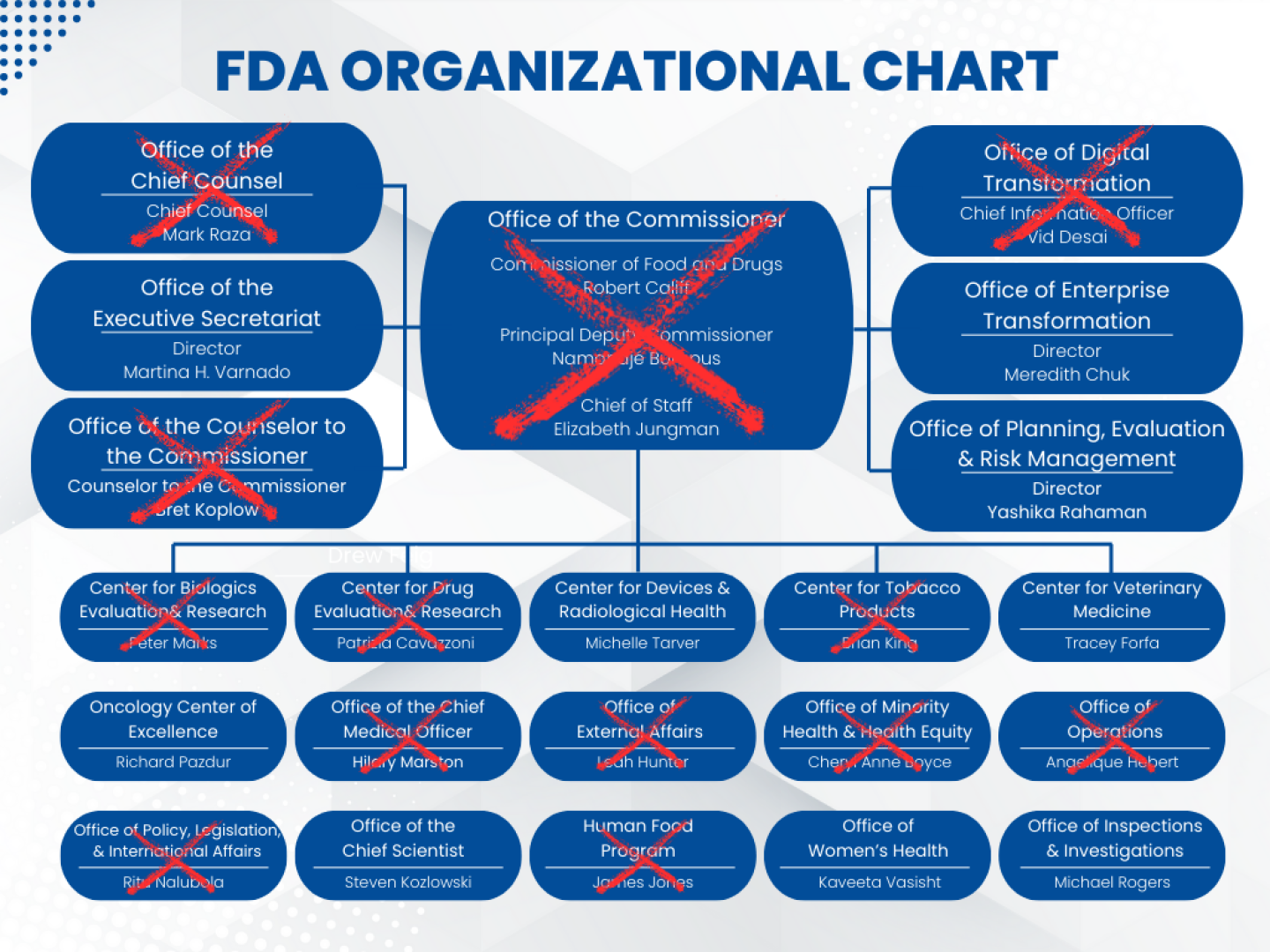Biotech companies are already seeing regulatory delays and plenty of uncertainty after around 3,500 FDA employees were cut by the Trump administration.
The biotech industry is already feeling the regulatory impact of dramatic staff cuts at the FDA, according to a letter sent by executives, patient advocates and investors to Sen. Bill Cassidy (R-LA).
Cassidy oversees the Health, Education, Labor, and Pensions (HELP) Committee that conducted the hearings for new FDA chief Marty Makary. The executives urged the senator toward action to ensure the agency can continue its core mission.
“Most small companies don’t engage the agency frequently enough to know yet how their drug candidates or their research timelines will be affected by recent changes at the FDA; while some problems crop up quickly, others will take months or even years to emerge,” said the letter, which was posted by the advocacy group No Patient Left Behind. “The companies that happen to be engaging with the FDA right now are our leading indicators—and some of us have already encountered regulatory difficulties that we believe are the consequences of the FDA’s loss of experienced staff.”
No Patient Left Behind is an advocacy group founded by RA Capital’s Peter Kolchinsky, that aims “to protect and promote the biotech social contract that provides society with affordable biomedical innovation.” The letter to Cassidy was signed by dozens of biotech executives, investors and patient advocates, including the CEOs of Ovid Therapeutics, Seaport Therapeutics, ReCode Therapeutics, Verto Therapeutics, Delphia Therapeutics and many more.
The FDA has been hit hard by several rounds of layoffs spurred by President Donald Trump’s Department of Government Efficiency (DOGE). The cuts have rolled through rank-and-file employees and felled top leaders, such as Center for Biologics Evaluation and Research (CBER) Director Peter Marks.
The letter asked Cassidy to find out where the FDA’s capabilities have been stunted to preserve and restore its core functions, re-hire key officials with institutional knowledge that cannot be easily replaced and lift the FDA hiring freeze to ensure the agency can get back to work.
“The operating plans and development milestones of biotech companies leave little room for missing critical regulatory timelines due to unforeseen FDA delays,” the letter said. “Our companies have already faced delays in scheduling routine meetings and receiving routine agency feedback that guides drug development. Many have concerns that approval decision deadlines will be missed.”
Companies have also faced a tumultuous few weeks in the stock market, with biotechs in particular battered after a prolonged post pandemic downturn.
The letter cites an unnamed California biotech that is turning to European regulators to run a clinical trial due to concerns about the FDA’s ability to meet timelines. The company is “effectively ‘offshoring’ capital and investment dollars away from the U.S.,” according to the letter.
Another example from a Massachusetts biotech explains that a dispute resolution process was canceled because the FDA counterpart was not sure there would be enough staff available to handle the matter. A separate Boston-based biotech trying to overcome a clinical hold doesn’t even know if the FDA managers they had previously been working with are still with the agency.
The letter also points to the leadership gap at the agency. A BioSpace analysis found that more than half of senior leaders have left or been fired from the agency in the past six months.
“With these individuals now gone, companies fear we are entering a period of years to build back up an experienced workforce,” the letter says. “One biotech recently experienced conflicting feedback from the review team—a situation where someone senior should step in to make a determination of agency position, which did not happen.”
The letter authors acknowledged that there is room for improvement at the FDA but argued that the agency’s core functions must continue while that review process is happening.
“FDA has never been monolithic; we’ve always had something to complain about but also something to admire,” the letter says. “The current uncertainty surrounding the FDA’s ability to function creates downstream uncertainty from investors who will question whether the FDA can do its job as it is being reinvented.”







